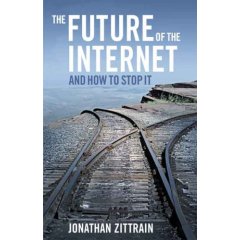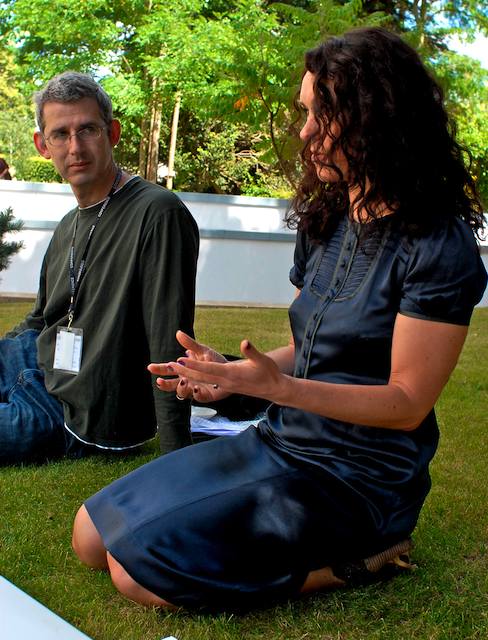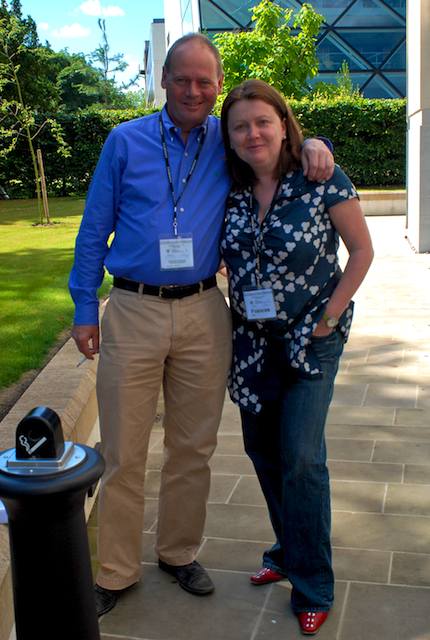From this morning’s NYTimes…
Two months ago, Google held a series of secret focus groups with employees who have children in Google’s day care facilities. The purpose was to gauge their reaction to the company’s plan to raise the amount it charged for in-house day care by 75 percent.
Parents who had been paying $1,425 a month for infant care would see their costs rise to nearly $2,500 — well above the market rate. For parents with toddlers and preschoolers, who were charged less, the price increases were equally eye-popping. Under the new plan, parents with two kids in Google day care would most likely see their annual day care bill grow to more than $57,000 from around $33,000.
At the first of the three focus groups, parents wept openly. As word leaked out about the company’s plan, the Google parents began to fight back. They came up with ideas to save money, used the company’s T.G.I.F. sessions — a weekly meeting for anyone who wanted to ask questions of Google’s top executives — to plead their case, and conducted surveys showing that most parents with children in Google day care would have to leave Google’s facilities and find less expensive child care.
Now we know how this story ends, don’t we? Google famously doesn’t do evil. But guess what?
Although Google is rolling back its price increase slightly and is phasing in the higher price over five quarters, the outline of the original decision remains largely unchanged. At a T.G.I.F. in June, the Google co-founder Sergey Brin said he had no sympathy for the parents, and that he was tired of “Googlers” who felt entitled to perks like “bottled water and M&Ms,” according to several people in the meeting. (A Google spokesman denies that Mr. Brin made that comment.) On Monday, Google began the first phase of its new day care plan, letting go of the outside day care firm it had been using.
Another straw in the wind. Google may be extraordinary in some ways, but basically it’s a public company, not a campaigning, do-gooding, non-profit. That’s why it caved in to the Chinese over censoring search results. That’s why it’s handing over all those YouTube access details to Viacom. And that’s why it’s beginning to pare back employee perks.






